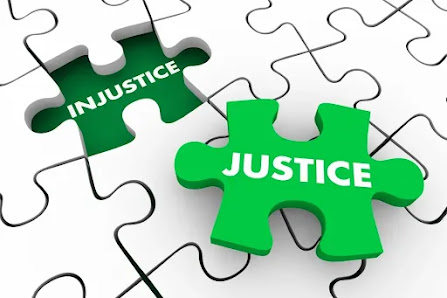THE TRENDS OF AI POLICY AND REGULATIONS IN AFRICA
The advancement of artificial
intelligence (herein referred as AI) in Africa is poised to shape the
continent’s future. More than ten (10) states have positively embraced this
transformative technology to enhance efficiency and accessibility of government
services. In Tanzania, farmers are now using an AI assisted app called Nuru to
detect crop diseases while in South Africa computer scientists have built AI
models to analyze the impact of racial segregation[1].
In the bustling city of Nairobi, Kenya we have surveillance cameras perched on
lampposts which use AI to classify images[2].
Following this rapid evolution of AI, there are challenges that have
necessitated comprehensive governing frameworks. Many governments have resolved
to policymaking and building strategies to regulate AI within their
jurisdictions.[3]
The African Union (AU) has proposed a
draft AI policy aimed at establishing a cohesive regulatory environment across
its 55 member states, encouraging collaboration and alignment with existing
national policies.[4] The Malabo Convention, a legal framework for data
protection ratified by the African Union in 2023, serves as the benchmark for
the AI policy in Africa.[5] There is need for African
countries to integrate AI-related policy interventions with broader initiatives
focused on privacy, security, data access, and bias that exacerbates social
inequalities while prioritizing collaboration with other governments and
regional organizations[6].
All the countries are in different AI development stages.
Mauritius was one of the first African AI policy makers. Upon recognizing the
AI's potential in stimulating the country's economy, the government established
the Mauritius Working group (herein referred to as MNG), which published the AI
strategy in 2018.[7]
This strategy aimed at creating a legal framework for AI oversight. On the
other hand, Egypt developed its National AI strategy in 2021, which was built in
two folds: achieving Sustainable Development Goals (SDGSs) and facilitating
regional cooperation as an international player.[8]
In 2023, the National Council launched the Egyptian Charter Responsible for AI
which serves as the first attempt of articulating Egypt’s interpretation of
guidelines on ethical and responsible AI adapted to the local context and
practical insights to ensure development, deployment and management of AI in
the country.[9] It is also worth noting that
Egypt was also the first
Arab and African country to adhere to the OECD AI Principles.
Kenya’s
government started exploring the potential of AI in 2018 when it created the
Distributed Ledgers Technology and the AI Task Force, in 2019, published a
report noting the potential increase of Kenya's global competitiveness with the
use of AI.[10]
However, to date, Kenya has not yet developed an AI strategy or regulatory
framework. It relies on the Data Protection Act 2019. This year, the government
collaborated with a Germany corporation
to launch the " Fair Forward Artificial Intelligence for All Initiative."[11]
Unfortunately, there is still a lacuna in law that makes it hard to regulate
the rapid AI innovative ecosystem. South Africa which has the increased uptake
of AI in their workplaces compared to the rest of Africa does not have any
regulatory framework. South Africa and Nigeria are heavily dependent on the application of data protection
legislation for the regulation of AI. Unlike all other countries, South
Africa has improved the AI knowledge centers by setting up nine (9) Centers for
Artificial Intelligence and two (2) emerging research groups.[12]
In
conclusion, Africa has made significant strides in advancing the AI industry
because today over 2400 companies are specializing in AI with 41% of them being
startups and the estimates show that this technology could contribute USD 1.5
billion to the continent’s GDP by 2030.[13]
However, it is crucial for African countries to prioritize comprehensive
strategies and legal frameworks that foster innovation while protecting human
rights. Lastly, the African governments need to address the infrastructural and
educational deficits that hinder AI’s implementation by having AI startups and
research centers in their countries.
[1]https://www.technologyreview.com/2024/03/15/1089844/africa-ai-artificial-intelligence-regulation-au-policy/
[2] Ibid
[5] ibid
[6]https://www.technologyreview.com/2024/03/15/1089844/africa-ai-artificial-intelligence-regulation-au-policy/
[7]
https://www.diplomacy.edu/resource/report-stronger-digital-voices-from-africa/ai-africa-national-policies/
[9]Egypt launches Responsible AI charter egyptinnovate.com
[10] https://www.diplomacy.edu/resource/report-stronger-digital-voices-from-africa/ai-africa-national-policies/
[12]
https://www.diplomacy.edu/resource/report-stronger-digital-voices-from-africa/ai-africa-national-policies
[13] Africa is joining the global AI revolution.
Quartz Africa, Ngila F. (2022,June 2023)
Article by Mercy Mutheu Maingi, a fourth year law student at the University of Nairobi.





Comments
Post a Comment